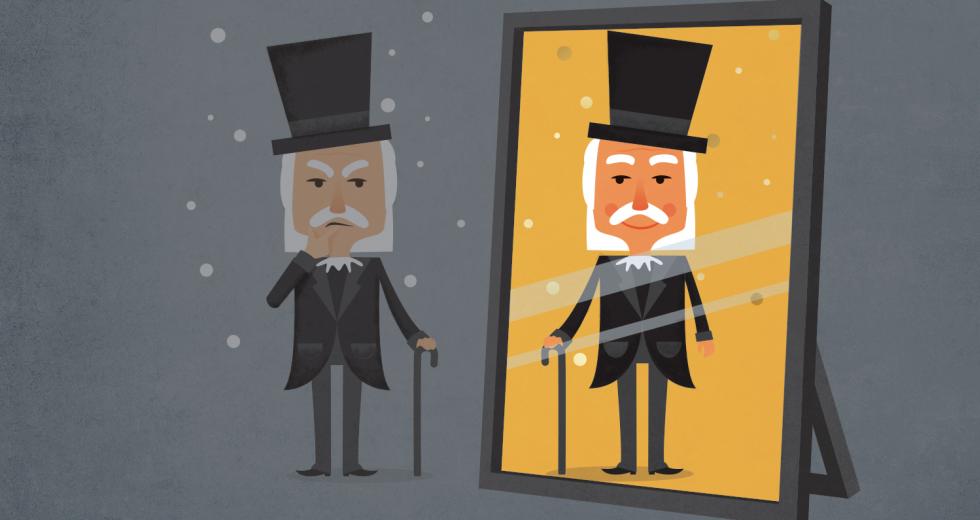Ebenezer Scrooge learned his lessons the hard way. It required a harrowing night of visits from three ghosts to set him on a better path. Mr. Scrooge took his ghostly apparitions’ messages to heart, and bought the big fat goose for the family of his poor, bedraggled employee Bob Cratchit. He also thought more about how he could catapult his newfound enthusiasm for helping others from the joyful festivities of late December into the cold, yet ever-hopeful newness of January. He promised to make Cratchit’s life at work more purpose-driven and well-defined, and committed to starting the New Year providing better clarity for his team. You should do the same by asking yourself these questions:
What roadmap can you create to clearly define what you want to accomplish for both yourself and your team?
Perhaps, like Scrooge, you see bothering with a roadmap as a waste of time. Not at all! Think about the people with whom you work and what you can accomplish together. Creating a roadmap to define benchmarks and achieve your business goals will help maintain a clear focus and attain those measureable outcomes everyone loves so much. Start with the end in mind and work backward. Make sure you frame the end goal in a way that creates an urgency for change and rallies the troops.
How can you help employees understand their purpose in your organization?
While this question may be challenging, it is important to remember we are all more than the money we make. People want to know how they contribute to some greater good, so if you haven’t already, start with creating a clear vision of how your company makes an impact. This will help you translate that message to your employees. Employees who clearly understand how they help make an impact are more engaged than employees who have never been told their purpose in the organization or how their work maps to that purpose.
How is defining team or company values helpful to employees?
Related: Do Ask; Don’t Tell
Never given that a second thought until now? It’s important to define your values — so it will be easier for both you and your employees to match your efforts to those values. Perhaps you have worked through a values process and defined your team values as resourcefulness, proactiveness and team-centric. Lead your team then by asking yourself: “How am I being resourceful, proactive, helpful? How am I being a teammate?” Employees should follow your lead. By asking these simple and values-driven questions, one can measure his own progress and due diligence. Also, when people need to have challenging conversations, talking about values can offer guidance and clarity.
How will you better develop your team’s capabilities?
The best bosses are those who truly see and hear each of their employees and recognize the talents they bring to the company. Making goals for each team member ensures they spend their time most productively. Work with your employees to create clear goals and then spell out agreements on how they can hold themselves accountable. Check these off your list: productivity goals, efficiency goals, educational goals and personal development goals, which should reflect the overarching goals of your team and organization. Each member of your organization or department should know their roles and how to meet expectations. I am always surprised at how often these haven’t been made clear.
How will you create a culture of learning, expertise and fun?
You may think training employees is a poor excuse for spending money as Scrooge once did. That’s definitely not true. Plan to think bigger, exceeding the expectations for employee development. A culture of learning is what inspires us to be better, do better and be creative. Developing a growth mindset (How can we achieve this big goal?) versus a limited mindset (We have limited resources and this seems hard) is a game-changer for employee productivity and ingenuity.
Only with a growth mindset will your employees begin to forge new ideas that can build outcomes and offer them a chance to delight in their own creative contributions. Training surely provides opportunities for growth, and a well-trained employee who has developed an inquiring mindset is a more engaged employee.
Related: Would You Like To Work For You?
As you well know, once Marley and the three ghosts made their compelling case for an urgent need to change, Mr. Scrooge vowed to keep his promise to be the very best boss and friend every day from that day forward.
May that be said of all of us. Happy Holidays!



